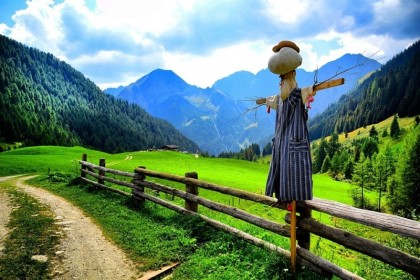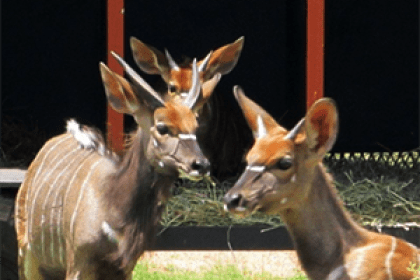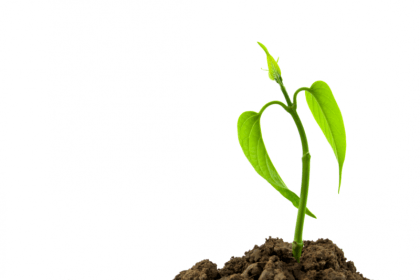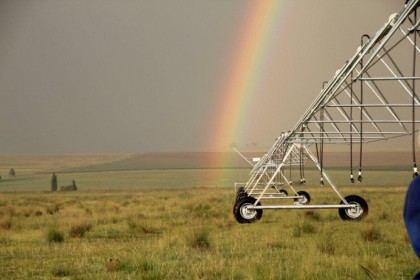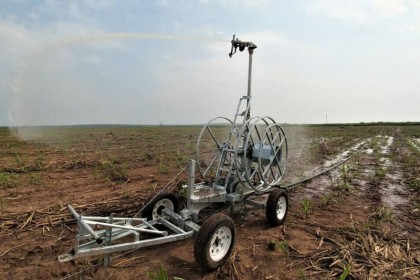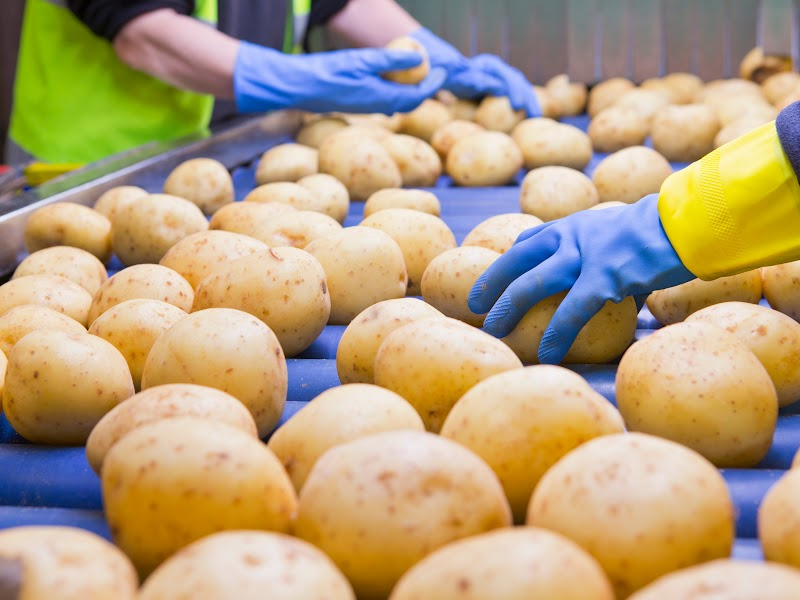
Double Crisis For Food Security In South Africa
The agricultural sector is in crisis as load shedding costs farmers billions of rands to keep the supply chain afloat, while vaccine shortages threaten red meats.
This is according to Agri SA’s CEO Christo Van der Rheede, who noted that, without action, South Africans can expect crop failure, higher food prices and shortages of certain food products in the near future.
“The entire agricultural value chain relies on electricity for irrigation, their processing plants, and to maintain cold storage facilities – which can easily affect the quality of your meats and vegetables if it experiences disruptions,” said Van der Rheede.
This is a disaster and a crisis for the agricultural sector, as its farmers are forking out billions on diesel for generators and alternative power sources to keep production going,” he added.
According to reports from Agri SA, over the nine months between January and September 2022 – when load shedding more than doubled compared to 2021 – the agricultural sector lost more than R23 billion.
In 2023, South Africa has been in the dark for as long as the whole of 2022, having endured over 35 days of blackout time. Considering this fact, Agri SA believes losses of billions of rands will exceed that experienced in 2022 – threatening the sustainability of the sector and the 800,000 jobs it provides.
While load shedding cannot be fixed overnight, there are critical short-term measures that Agri SA believes can be implemented to mitigate its impact on food security, as outlined by the letter it submitted to the National Disaster Management Centre in February 2023.
Agri SA called for the following measures to be put in place immediately:
- Declare the agricultural sector and associated value chain an essential service;
- Partially exempt the agricultural sector from load-shedding beyond stage 4;
- Allow for higher rebates on diesel and petrol used for electricity generation;
- Amend the current tariff structure to reduce the cost of electricity during peak times;
- Trade load-shedding schedules using a local feasibility study (a tiered approach can be taken, using red, orange, and green to identify critical areas); and
- Rapidly expand load curtailment* to all agricultural areas, which qualify in terms of the user mix.
Compounding the pressures of load shedding is the shortage of critical animal vaccines, which further threatens the country’s food security.
On 12 May 2023, the Democratic Alliance (DA) in Gauteng flagged this concern among red meat farmers.
Members of the National Red Meat Producers Organisation (NRMPO) have been complaining about their dying herd of sheep because of the shortages of the Bluetongue vaccines.
Red meat farmers have registered a 50% mortality rate amongst their herds because of the unavailability of the vaccine, said the DA.
Additionally, the party added that horse breeders are distraught about the death of their top breeds due to an inability to secure vaccines for African Horse Sickness.
While these alarm bells start to ring, South Africa remains relatively food secure, for now, thanks to a good summer grain harvest and a healthy herd supply nationally despite an outbreak of diseases. However, the main concern is food prices, said Van der Rheede.
Farmers are price takers, not setters, and their profitability and farm viability are under siege. He added that if targeted relief is not addressed, production will come under pressure.
Some farmers in the country are already contemplating planting and producing less, as they don’t have the money, said Van der Rheede.
“Unless measures are implemented, a catastrophe looms for the country. Farming operations will be disrupted as the equipment is damaged due to power failures; the cost of food production will increase as farmers are forced to irrigate at peak prices; and labour costs will soar due to irregular work hours based on load shedding schedules.
“At the same time, meat producers will be unable to pump water for their cattle or to slaughter and process their livestock and poultry. Agro-processing and retail will also suffer as packing and cooling operations fail. The result of all this for food affordability and availability will be devastating,” he said.
Source: https://businesstech.co.za/news/lifestyle/687405/double-crisis-for-food-security-in-south-africa/








